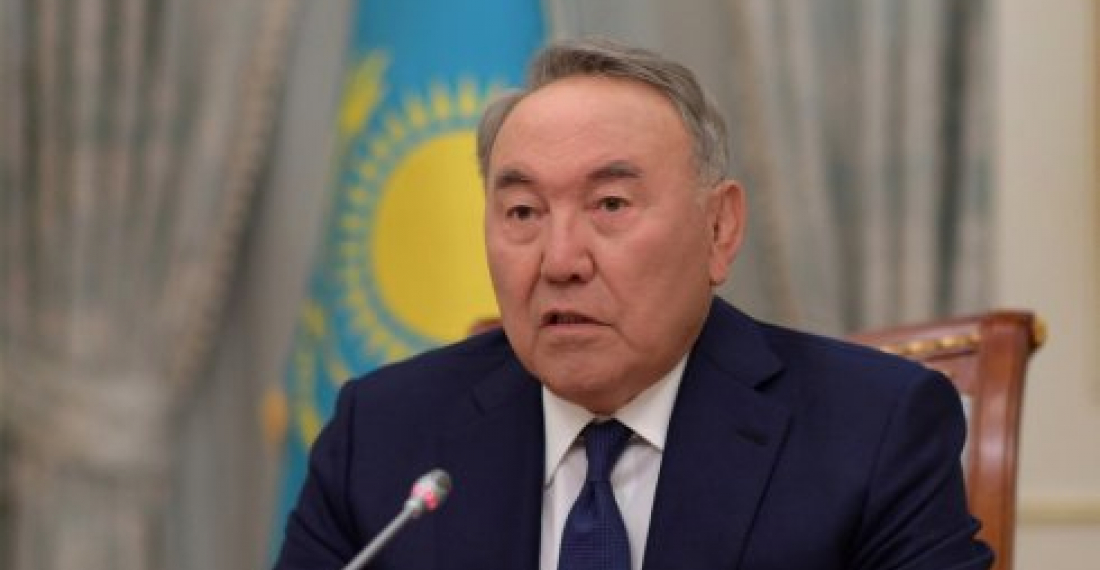Президент Казахстана Нурсултан Назарбаев во вторник объявил о своей отставке с поста главы государства. Назарбаев был первым и пока единственным президентом Казахстана после обретения независимости страноц после распада Советского Союза в 1991 году. Он провел страну в трудные первые дни независимости, поддерживая стабильность и открывая новую эру процветания, основанную на энергетических ресурсах страны.
В последние годы Назарбаев играл роль отца в организациях, созданных после Советского Союза, таких как Содружество Независимых Государств, Организация Договора о коллективной безопасности и Евразийский экономический союз. Отчасти это было связано с его способностью наладить очень тесные отношения с новыми лидерами России, а также с президентом Путиным, в то же время обеспечивая суверенитет и независимую внешнюю политику Казахстана.
Назарбаев останется влиятельным человеком в стране. Его роль в качестве «первого президента» закреплена в конституции, и он останется председателем Совета национальной безопасности и правящей партии. Тем не менее, его отставка знаменует конец эпохи для Казахстана и начинает процесс перехода к новому президенту, который, как ожидается, будет избран в следующем году. Тем временем, президент Сената Казахстана Касым Джомаат Токаев будет исполнять обязанности президента страны.
источник: commonspace.eu
фото: Нурсултан Назарбаев, уходящий президент Казахстана







